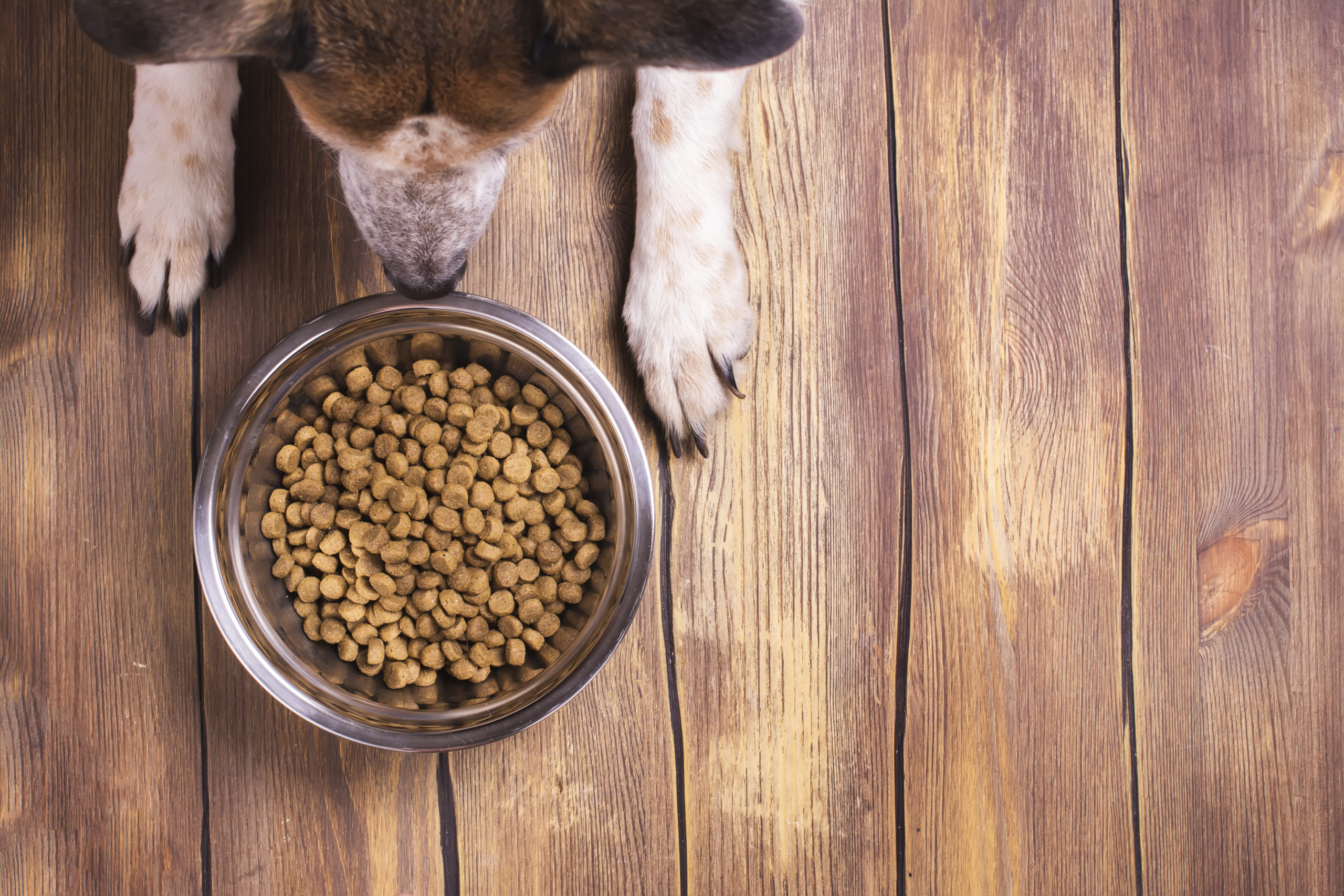Join the Pet Food Institute (PFI) as we continue our look at pet food, from A to Z. Click here to re-visit our earlier post on Vitamin A.
Many pet food shoppers will look to the label when deciding which food to buy for their dog or cat. You may be surprised to find “Brewers Dried Yeast” listed as a common ingredient and wonder what brewing could possibly have to do with pet food. Brewers dried yeast is just one example of the many available, approved ingredients that a pet food maker may use when formulating a recipe.
As defined by the Association of American Feed Control Officials (AAFCO), brewers dried yeast must come from the brewing of beer or ale for human consumption. Having been sterilized and with no leavening power, it is an inactive yeast composed of the single-celled organism Saccharomyces cerevisiae.
Each ingredient in pet food serves a purpose; for example, an ingredient may be used because it provides nutrients, fiber, palatability or even the ability to hold shape. Many ingredients in a pet food recipe will provide multiple functions, and brewers dried yeast is just one example.
Brewers dried yeast packs the nutritional content that dogs and cats need[1]. It is a protein source rich in amino acids and B vitamins. Amino acids help a pet build and maintain his or her muscles, bones, blood, organs, immune system, and coat and nails. Without the proper levels of essential amino acids, the synthesis of protein is impacted. In addition, B vitamins support brain function, muscle strength, red blood cell production and digestion.
While brewers dried yeast may taste bitter to humans, it is tasty to dogs and cats. This palatability is a critical component of pet food and a way to ensure your pet eats the complete diet he or she needs. Pet treat makers may use brewers dried yeast in their recipes, as well.
There is a range of safe, nutritious ingredients that pet food makers may use when developing a complete and balanced formula, just like brewers dried yeast.
[1] National Research Council. 2006. Nutrient Requirements of Dogs and Cats. Washington, DC: The National Academies Press. https://doi.org/10.17226/10668.



